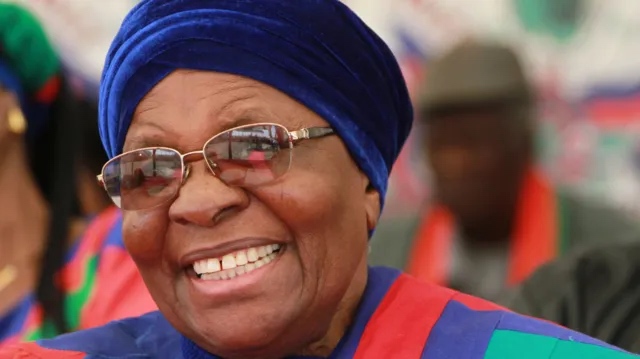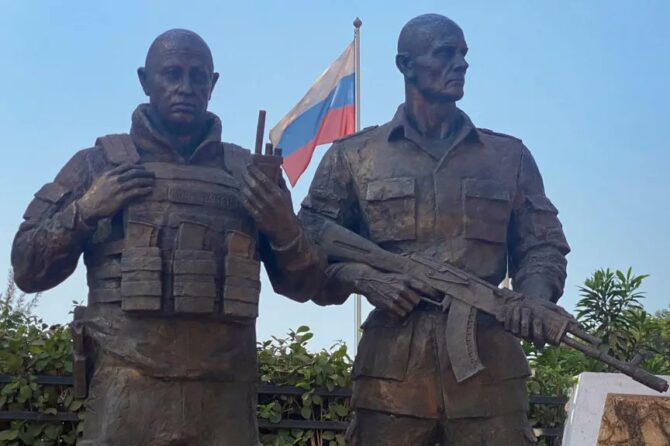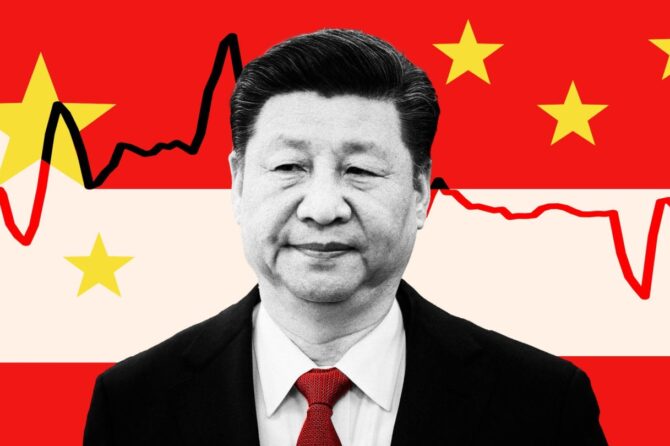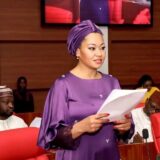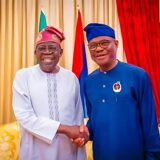Netumbo Nandi-Ndaitwah: A Trailblazer for Namibia and Women Across Africa
On 27 November 2024, Namibia made history, electing Netumbo Nandi-Ndaitwah as the nation’s first female president. Her victory is not just a personal milestone but a pivotal moment for Namibia, where she will lead as a symbol of progress and perseverance in a country still grappling with social and economic challenges.
A Lifetime of Service and Breaking Barriers
Born in 1952 in the Ohangwena region, Nandi-Ndaitwah grew up during Namibia’s struggle for independence. She joined SWAPO (South West Africa People’s Organisation) in the 1970s, dedicating herself to the liberation movement. She trained in political science and diplomacy in Zambia and the Soviet Union, laying the foundation for her lifelong dedication to Namibia’s independence and development.
After Namibia gained independence in 1990, Nandi-Ndaitwah held numerous ministerial positions, including those of Deputy Prime Minister and Minister of International Relations and Cooperation. Her portfolio was marked by a deep commitment to Pan-African ideals, economic diplomacy, and gender equality.

The Road to the Presidency
Nandi-Ndaitwah’s run for the presidency as SWAPO’s candidate was a challenging one. The ruling party, which has governed Namibia since independence, faced mounting criticism over unemployment, corruption, and inequality. As a veteran leader, Nandi-Ndaitwah embodied continuity but also pledged to usher in reforms that resonate with the nation’s youth and disenchanted electorate.
Her campaign focused on economic recovery, poverty alleviation, and land reform, highlighting her vision to tackle Namibia’s wealth disparity and high unemployment rates, especially among the youth. “This is not just about history,” she often emphasised during her rallies. “It is about building a future where every Namibian has a chance to thrive.”
Despite SWAPO’s waning popularity, she secured 57% of the vote, signalling trust in her leadership at a critical juncture.
Obstacles and Controversies
Nandi-Ndaitwah’s path to victory was not without hurdles. The election faced logistical challenges, with reports of ballot shortages and technical issues that extended voting periods in some regions. These irregularities led opposition parties to claim malpractice, but Namibia’s electoral commission stood by the credibility of the results.
Opposition figures accused SWAPO of clinging to power despite its diminishing support base, while others criticised Nandi-Ndaitwah for representing the old guard. However, her supporters argued that her decades of experience were precisely what Namibia needed in a transitional period.
Gender dynamics also played a significant role in her journey. While Namibia ranks highly in gender equality by African standards, with women holding 43% of parliamentary seats, the presidency has remained elusive for women until now. Critics questioned whether she could balance being a reformist while representing a party entrenched in traditional power structures.
The Significance of Her Victory
Nandi-Ndaitwah’s election holds immense symbolic weight for Namibia and the continent. In a region where female leadership is still rare, her success signals progress in dismantling gender barriers. She joins a small but growing group of African women who have ascended to the presidency, including Ellen Johnson Sirleaf of Liberia and Samia Suluhu Hassan of Tanzania.
However, her victory also sheds light on Namibia’s nuanced gender landscape. Despite progressive policies, cultural attitudes and economic realities still create barriers for women in many sectors. Nandi-Ndaitwah’s presidency will likely inspire renewed conversations around these issues and set the stage for more inclusive policymaking.
What Lies Ahead
Nandi-Ndaitwah inherits a nation of contrasts. Namibia boasts an upper-middle-income classification, thanks to its rich natural resources, but nearly half of its population lives in multidimensional poverty. Unemployment, particularly among the youth, and inequality remain pressing concerns.
Her agenda prioritises land reform, economic diversification, and tackling unemployment. In particular, she has committed to empowering women and young people, aligning her leadership with Namibia’s aspiration for more equitable growth.
A Presidency for the People
As she prepares to take office in March 2025, Netumbo Nandi-Ndaitwah embodies both the weight of her party’s legacy and the aspirations of a diverse, dynamic Namibia. Her journey from liberation fighter to head of state is a testament to resilience and the transformative power of leadership.
In her own words: “The glass ceiling is broken. Now, we must open the doors wide for others to walk through.” Her presidency, though fraught with challenges, promises to shape Namibia’s trajectory and redefine what is possible for women across Africa.


